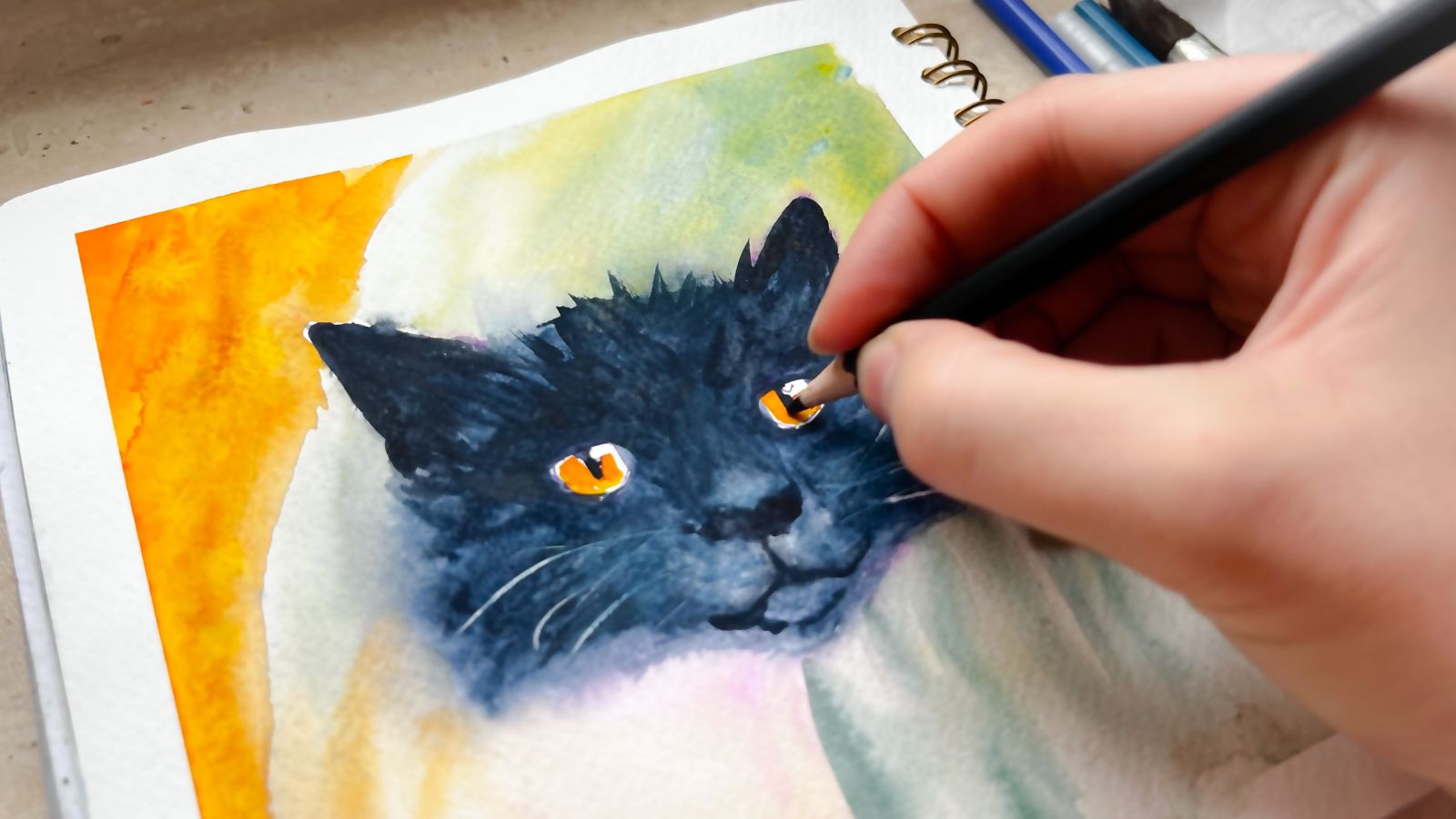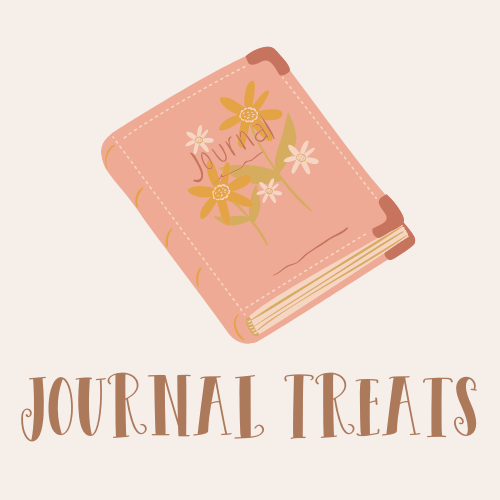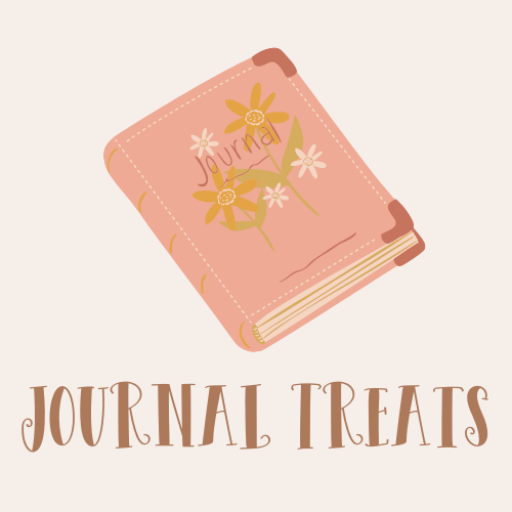
What Your Journal Entries Really Say About You

When you write down your thoughts, you’re actually leaving some clues about your feelings and experiences. Essentially, your pen has a mind of its own, and it shows more than we realize in the moment. Let’s look at journaling and discover what those scribbles and doodles might really be saying.
What’s Your Journaling Style?

Journaling is a window into your soul, and when you look at how you write, not just what you write, you can understand quite a lot. Do your entries pour out in a rush, or do you take your time, choosing every word carefully? How you write can tell you whether you’re trying to work through feelings or just capturing the day’s events.
Why the Ink Matters
Did you know the ink color you pick can say a lot about what you’re going through? Choosing black might mean you were in a serious mood, or maybe you just love how bold it looks on paper. If you’re using a lot of red ink, it could be because you were dealing with some strong emotions at the time. Either way, color is pretty important in your journal entries.
Space It Out
Look at how you use space on a page, as it’s likely that your subconscious is arranging the words to match your mood. If your words are all crammed together, maybe you were stressed or short on time, while more spaced-out writing could mean you were relaxed or just enjoying the feel of pen on paper.
Keeping Up With Journaling
How often you reach for your journal can tell its own story, with one study finding that those who do journal rarely do so. Are there weeks or months between entries? Maybe you write more when life gets hard, or perhaps when you’re on a holiday and have more time to reflect. Whatever it is, the frequency of your entries can tell you quite a bit about what’s going on in your life.
Sketches and Doodles

Whenever you find a page with more doodles than words, such drawings can be just as telling as a written entry. These images will represent what’s on your mind that you didn’t bother or want to write down, so check them out. After all, a quick sketch could show your mood or particular moment better than a paragraph ever could.
Did Your Writing Style Suddenly Change?
A sudden shift in how you write, like going from neat to messy handwriting, can be a clue that something big happened. For example, maybe you started a new job, or you went through a breakup, and a change in your writing can reflect this. Even if it’s a small change, this can tell you a lot about your life.
Hidden Meanings in Metaphors
You don’t just have to use fancy language, as even the simple words you choose can tell you a lot. Talking about weather or roads can reflect your feelings about life’s ups and downs. Essentially, you should think of your everyday words as working double time to share your thoughts.
Where Do You Start?
Just choosing where to place your first word on a page could be more meaningful than you think. Starting right at the top might show that you’re eager to start, or maybe just impatience. If you start lower, it could mean that you’re hesitant or perhaps that you were feeling thoughtful about what to write.
Signs of a Well-Loved Journal

You can really tell when a journal has been through the wringer. Bent covers and loose pages are telltale signs of a diary that’s seen a lot. When your journal is this worn out, it speaks volumes about how you’ve used the book to document your private thoughts and cherished moments.
Rethinking and Revising
Have you ever noticed lots of crossed-out words or phrases rewritten in your journal? This usually means you were struggling with your thoughts, trying to get them just right, not simply indecisive. You should see these changes as a window into how you process your ideas at different moments because they show how your thinking has evolved.
Favorite Quotes and Poems
Sometimes, you might find your diary peppered with quotes or snippets of poetry, which are a sign of the inspirations or emotions you were experiencing at the time. Including these words shows that they struck a chord with you and affected you enough to be part of your personal journey. That’s pretty deep.
What’s Outside Counts Too
Of course, your journal isn’t only about the words you write. After all, an odd coffee stain or a concert ticket lodged between the pages can instantly take you back to different times and places. Each of these physical mementos plays a part in making your journal uniquely yours and a true picture of your life.
Timing Is Everything

When you choose to write in your journal, whether that’s late at night or the crack of dawn, can affect what you write about and how you express it. Any entries you write before bed tend to be more introspective or somber, while those from the morning might capture a fresher, more hopeful vibe. Look at the timing of your writing and think about what it might mean.
What Did You Cross Out?
Don’t forget to look at the words you decided to strike through because what you didn’t say can be just as revealing as what you did. Usually, these changes show your doubts or second thoughts. They reveal how where you hesitated to express your full feelings or changed your mind. You might want to think about why you did this.
What Keeps Coming Up?
When you look back through your journal, you might notice certain issues or themes popping up again and again. As such, keeping track of these can clue you into what you were thinking seriously about over a certain period of time. These will give you a better picture of your concerns or pleasures.
How You Wrap Things Up
Even the way you end your journal entries can give clues about your state of mind at the time. Some entries might cut off abruptly, which could mean you were interrupted or distressed, while others might end on a more thoughtful note. If that’s the case, then this likely means you were in a period of calm reflection.
Entry Length Variations

Don’t forget to look at how long your journal entries are. Some days might have pages filled to the brim, while others have just a few lines, and this change often reflects how much was going on in your life at the time. It can even tell you how much an event or thought affected you. Longer entries can suggest you had an especially significant or challenging day.
Every Entry Tells a Story
Each time you write in your journal, you’re adding to a personal storybook of your life. As such, looking at everything, like the handwriting and the type of paper used, can help you to piece together the moments that have shaped your experiences. When you go through each of these elements, you’ll truly understand the story of your life.
Share this post :


11 Methods of Combining Cleaning With Journaling for Everyday Peace

How Tidying and Writing Improve Mental Health

11 Ways to Use Cleaning and Journaling as Life Tools
Subscribe our newsletter
Stay Updated with the Latest Reviews – Subscribe to Our Newsletter!
Affiliate Disclosure
As an Amazon Associate, Journaltreats.com earns from qualifying purchases.
Our website also contains other affiliate links, but our editorial content is not influenced by advertisers or affiliate partnerships. See our full disclosure.
AI Disclosure: Some elements may have been created with the assistance of AI tools.
Copyright Notice
All of the content on this website, including images, text, audio, and video, is Copyright © 2024 Journal Treats and may not be stolen, reproduced, downloaded, republished, or otherwise used without the explicit written permission of the owner of Journaltreats.com.
Except where prior permission is granted, Journal Treats reserves all rights.


